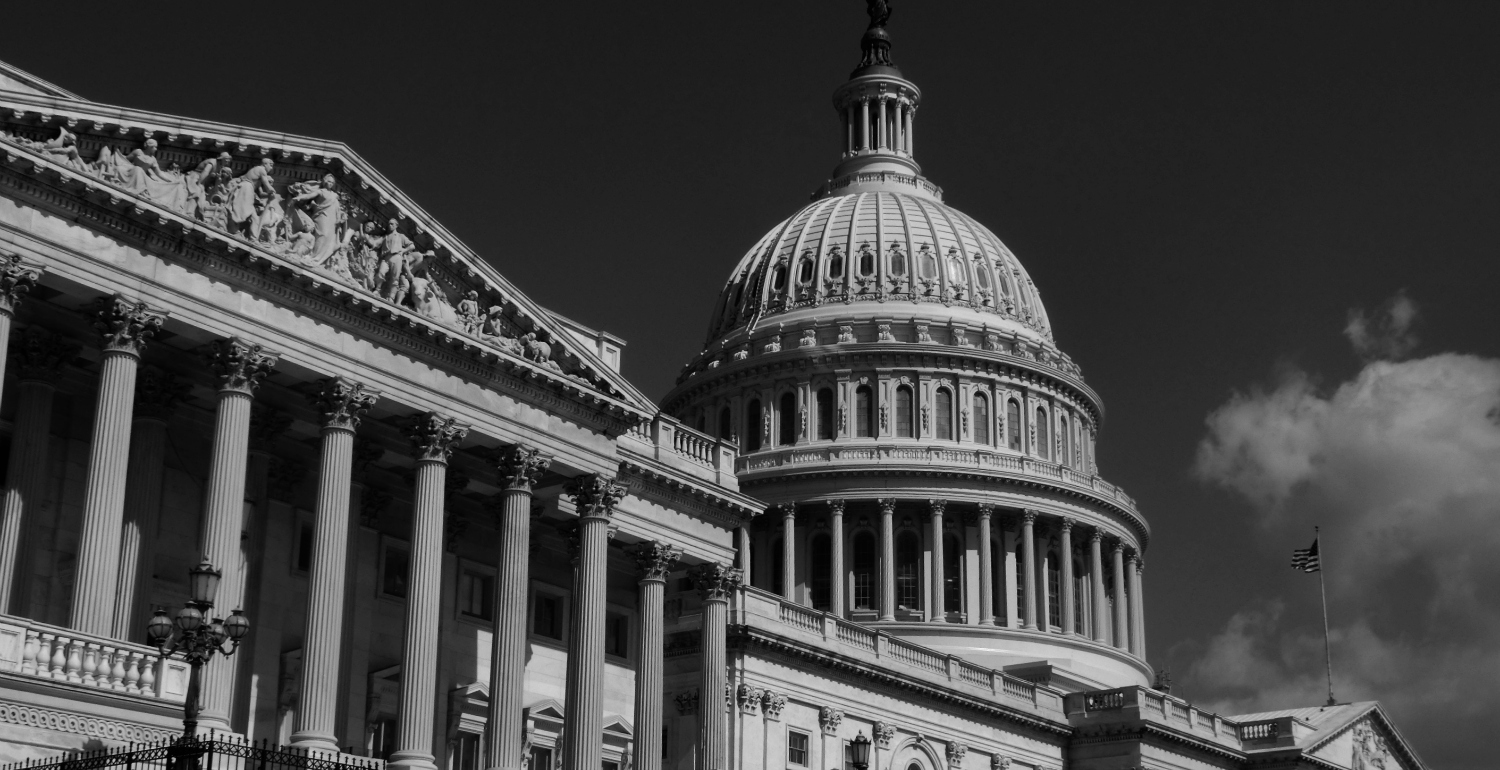WASHINGTON—Congressman Steve Cohen (TN-9), the Organization for Security and Cooperation in Europe Parliamentary Assembly’s Special Representative on Political Prisoners, strongly condemns the 20-year prison sentence handed to media tycoon and pro-democracy activist Jimmy Lai by Hong Kong’s High Court. This is the longest sentence ever given for a national security offense in Hong Kong under the National Security Law, imposed by China in 2020.
In response to the sentencing, Rep. Cohen made the following statement:
“Yesterday’s sentencing of Jimmy Lai was inordinate. I had hoped he would be released and allowed to live elsewhere. Instead, his sentence serves as another tragic moment in the dismantling of democracy in Hong Kong. The National Security Law has transformed Hong Kong in chilling ways and is being used to stamp out what little is left of freedom of expression. It has been used to arrest protestors, activists, former opposition lawmakers, and yesterday it was used to hand down essentially a life sentence to Mr. Lai after decades of pro-democracy work and commitment to freedom.”
Background:
Jimmy Lai is a 78-year-old journalist and British citizen who founded Apple Daily, a pro-democracy newspaper critical of mainland Chinese policies. He was arrested in August 2020 and convicted under the National Security Law in December 2025 for alleged collusion with foreign forces and publishing seditious content. On February 9, 2026, he was sentenced to 20 years in prison, the longest sentence issued under the law to date.



